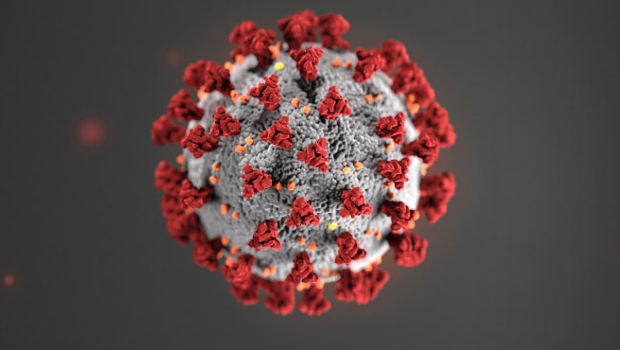
Lero researchers seek new perspective on Covid-19 contact tracing
An international survey on the impact of Covid-19 contact tracing apps is looking to to hear from individuals and communities whose views are not always heard and those who disagree with various aspects of digital contact tracing.
Researchers at Lero, the Science Foundation Ireland Research Centre for Software, are conducting the survey which aims to explore people’s attitudes on the response to the Covid-19 outbreak and governments’ actions in the US, UK and Ireland.
Dr Leysan Nurgalieva, a postdoctoral fellow in the School of Computer Science & Statistics, at Trinity College Dublin, Ireland, is leading the survey to explore people’s attitudes to the response to the Covid-19 outbreak and the actions which governments took.
“We fear the online survey may not capture a comprehensive and representative section of society. We want people to take the opportunity to express their views on digital contact tracing. Preliminary results show a lot of our study participants are close to University networks and already well-represented in research,” she said.
Dr Nurgalieva said they want to learn the opinions of those whose voices are underrepresented, for instance those living in non-urban areas, having care responsibilities, or not being originally from the country they are living in, or those who feel they are not consulted on these issues, as well as those who do not agree with aspects of digital contact tracing.
“It is now evident that lockdowns have high socio-economic costs, and the pandemic requires innovative strategies to prevent further disease from spreading. It’s important to learn about such technologies for the future. Perhaps events similar to COVID-19 will happen again, and we should learn lessons from today’s experiences.
“Countries such as the Republic of Ireland, the UK, and the USA are among those that launched relatively similar contact tracing applications. Even though such apps do not track users’ locations or require access to personal contacts, data protection concerns – including worries about privacy and cybersecurity – are among the primary factors preventing users from their adoption,” she said.
Unlike the US, Dr Nurgalieva said the Republic of Ireland showed an incredibly high level of app uptake and approval of governmental actions at the beginning of the pandemic.
“We would like to see whether these trends changed with time and what is the public response after they had the opportunity to use contact tracing apps. Contrary to some of the concerns in the zeitgeist, the level of trust a person has for the government has had no statistically significant correlation to their decision to install the application,” she added.
TechCentral Reporters







Subscribers 0
Fans 0
Followers 0
Followers